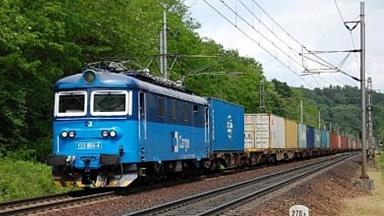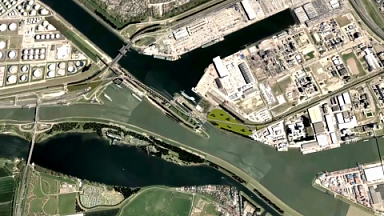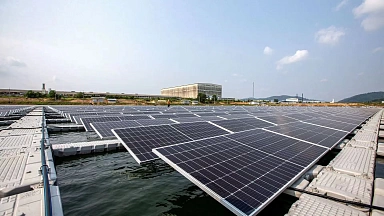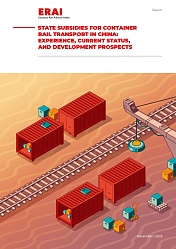The train is traveling through Belarus, Russia, and Kazakhstan and it is currently approaching the Russian—Kazakh border. The transshipment from broad to standard gauge is carried out at the Brest—Małaszewicze and Dostyk—Altynkol border crossings.
Westbound service
Earlier, a train loaded with masks and medical equipment from the Chinese city of Wuhan arrived in the terminal of Beograd, in Serbia. The train arrived on 24 May after a fifteen day journey. The train was arranged with the help of the Chinese government, in order to support Serbia in dealing with the coronavirus. It was a tailor-made shipment, but marked the beginning of a more permanent connection between the countries.
A regular connection between China and Serbia should soon be realised, the partnering companies Metrans and DBO Bahnoperator said at that time. According to Director of Metrans Martin Koubek, the regular service should be up and running before fall this year.





